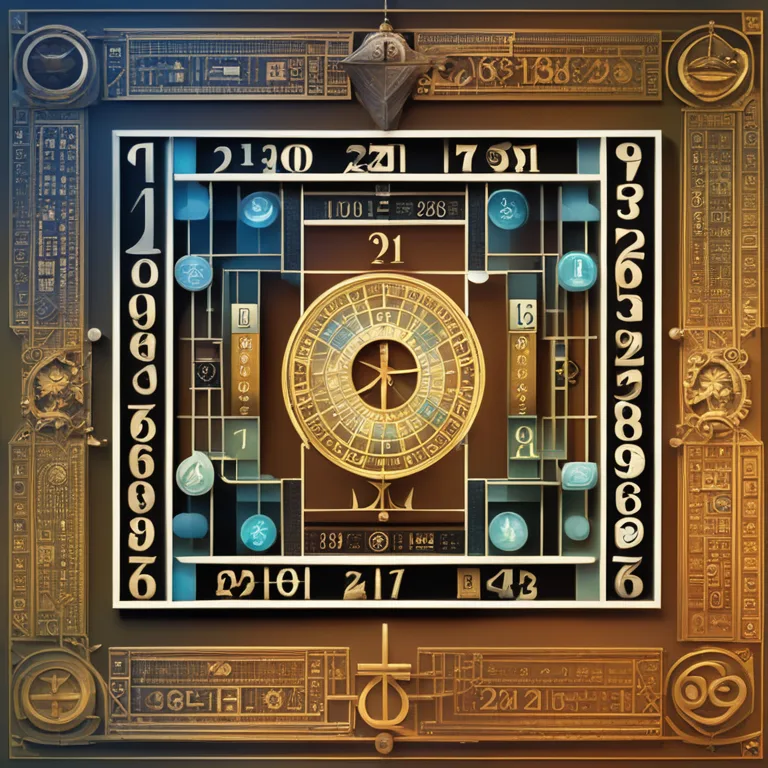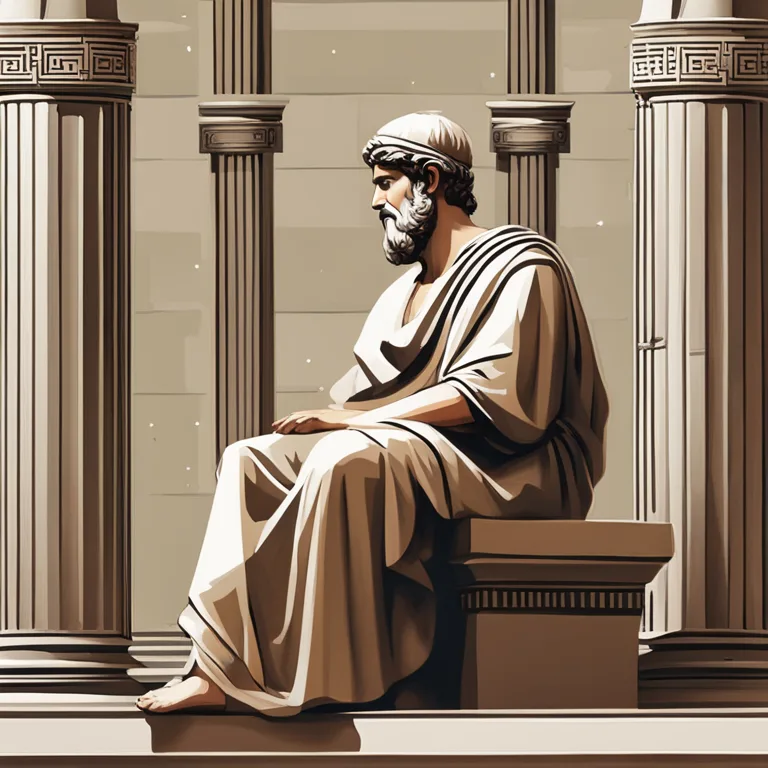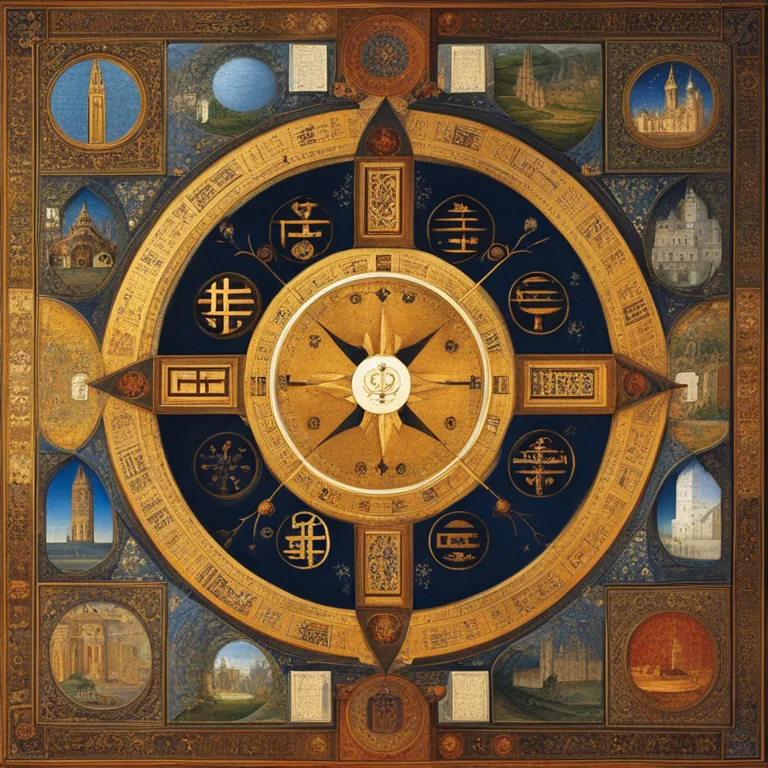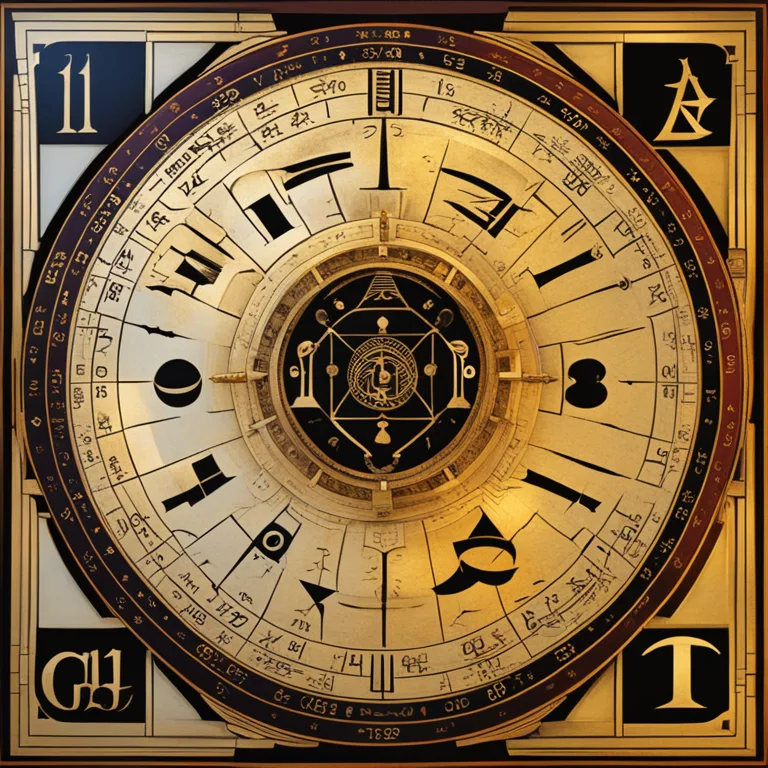
The Origins of Numerology: Ancient Wisdom
Delve into the ancient roots of numerology to understand how this mystical practice began and evolved over time.
article by Sofia Ferguson
Historical Emergence of Numerology
Numerology, the mystical study of numbers and their influence on human life, appears to have surfaced across various ancient cultures independently. The Chaldeans of ancient Babylonia are often credited with the early use of numerology, deploying it for divinatory and ritualistic purposes. Subsequently, the practice gained prominence in other ancient civilizations, such as the Egyptian and the Mayan empires, where numbers held a sacred, symbolic significance in religious and statecraft contexts. It's essential to recognize that early numerology was not merely a method of fortunetelling, but an integral part of the philosophical and cosmological systems of these societies.

Pythagoras: A Pivotal Figure
Pythagorean numerology, attributed to the Greek philosopher Pythagoras, is perhaps the most notable early form of numerology that influences contemporary practices. Pythagoras, who lived around the 6th century BCE, posited that the universe could be explained through numbers and their properties. He and his followers believed that numbers possessed distinct spiritual characteristics and that understanding these properties could provide insights into the divine scheme of things. Pythagorean thought contributed significantly to later numerological practices, cementing numbers as integral metaphysical entities.

Advancements in the Middle Ages
As we advanced into the medieval era, numerology adapted and blended with Christian mysticism, Jewish Kabbalah, and Islamic esotericism. Kabbalistic numerology particularly enriched the base, drawing insights from the Hebrew texts and associating letters with numbers to uncover a deeper spiritual meaning behind words and names. The mystique surrounding numerology burgeoned during this time, despite the occasional rebuke and suspicion from institutional religious authorities. Numerology's ability to endure and evolve despite such opposition is a testament to its compelling nature.

Numerology in Modern Times
The revival of esoteric studies during the Renaissance catapulted numerology back into intellectual and popular discourse. By the 20th century, numerology had firmly reestablished itself as a field of personal insight and divination, aided by works of modern thinkers and the proliferation of literature espousing its benefits. With the advent of the digital age, numerology has become readily accessible, woven into the fabric of daily horoscopes, compatibility charts, and life coaching strategies, reflecting our timeless quest to understand life's mysteries through the lens of numbers.

Number Interpretation Today
Numerology in 2024 continues to flourish with increasingly sophisticated interpretations and methods. Modern numerologists incorporate traditional systems with contemporary psychological insights, creating nuanced readings that resonate with modern sensibilities. The numerological interpretations, now bolstered by robust data analysis and algorithms, cater to a generation seeking personalized experiences and self-discovery tools. Nevertheless, the essence remains inherently tied to the recognition of numbers as foundational to the existential framework and personal identity.
Published: 12/21/2023
Modified: 12/21/2023
More predictions
Come back here soon to learn more about yourself and your future


Insights for Personal Year 2 in Numerology
Discover the resonances and potential of Personal Year 2 in numerology, guiding personal growth and relationships.


Numerology: A Historical Insight
The article delves into the historical inception of numerology, tracing the roots and evolution of this ancient practice.


The Mystique of Name & Birth Numerology
Discover how your name and birthdate reveal your unique numerological profile and life path through the ancient practice of numerology.